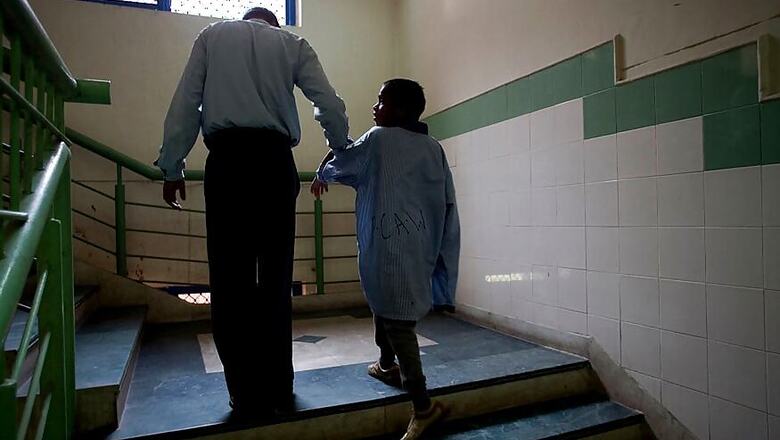
views
Do you remember Indian actress Parveen Babi, who acted in movies like Deewar, Namak Halaal and Shaan? The yesteryear actress was found dead in her apartment after three days of her death. While her death shocked the Indian cinema, her mental disorder Schizophrenia still remains an unknown topic to many.
As we celebrate World Schizophrenia Day 2019 on May 24, like every year, let’s know more about Schizophrenia, which is nothing more than a mental disorder.
May 24 is celebrated as World Schizophrenia Day to raise awareness about schizophrenia and reduce the stigma attached to the mental disorder. As per reports by the World Health Organisation (WHO), more than 21 million people across the globe are affected by schizophrenia. This mental disorder hinders the brain functioning, causing interference in a person’s ability to think, feel and behave clearly. However, even after such a large number of cases of schizophrenia, the condition stays a misunderstood concept.
1. Schizophrenia can be classified into five subtypes: paranoid schizophrenia, disorganized schizophrenia, catatonic schizophrenia, undifferentiated schizophrenia, and residual schizophrenia.
2. While positive symptoms of schizophrenia include delusions, hallucinations and catatonia, the negative symptoms include reduced speech and energy, lack of motivation, lack of emotion, and withdrawal from family and friends.
3. While there is no definite cause of schizophrenia, the mental illness can be developed through a variety of factors which may range from genetics, brain chemistry, and brain abnormality to environmental factors.
4. It is estimated that up to 10 per cent of people suffering from schizophrenia can tend to commit suicide in the first 10 years of the illness.
5. Schizophrenia typically appears when a person is in his or her teens. Additionally, men are more likely to develop schizophrenia as compared to women.
6. While there is no permanent and fixed treatment for schizophrenia, it can be cured up to some extent by taking medication, participating in therapy and being hospitalised.


















Comments
0 comment